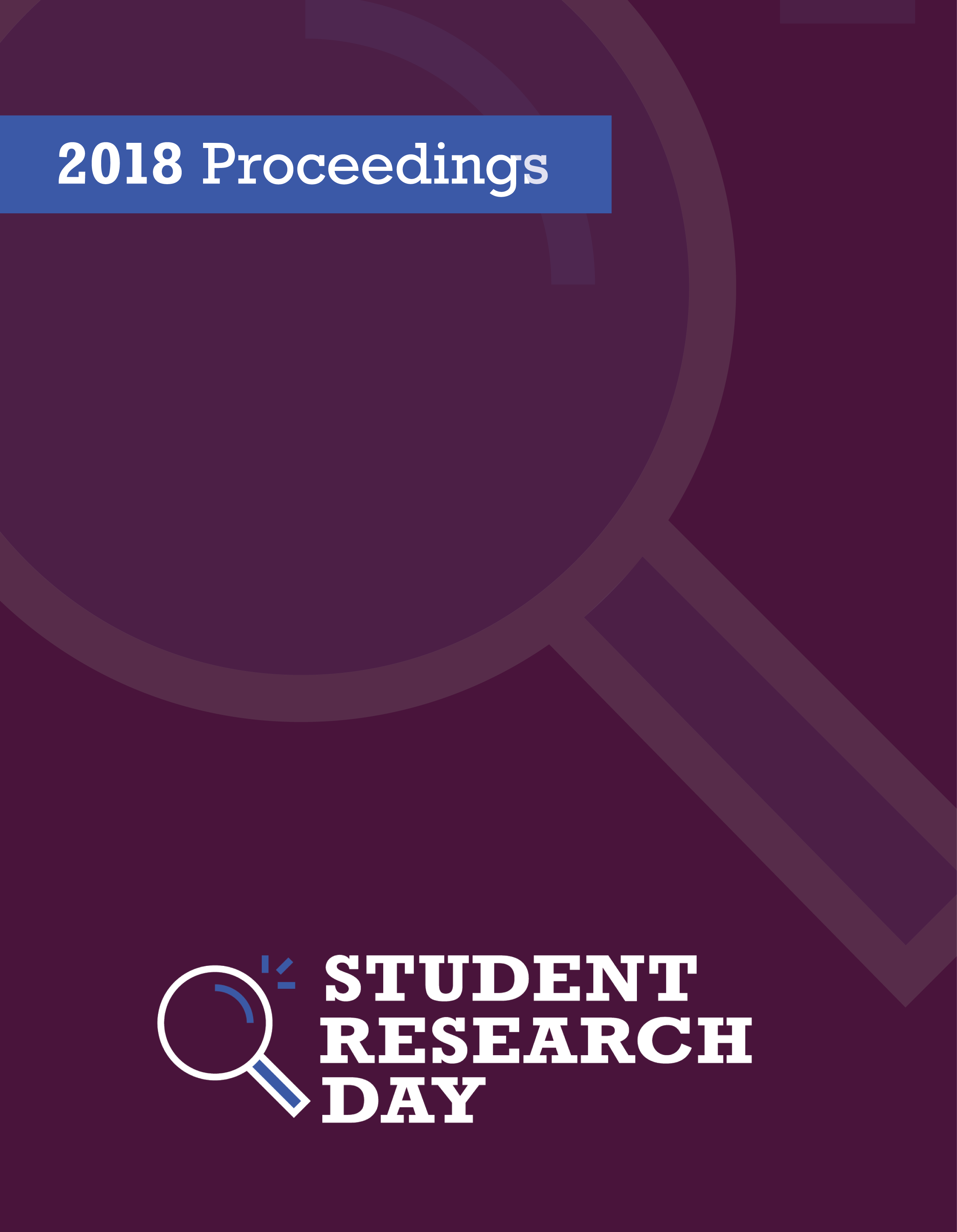Effect of Orientation-Specific Adaptation on Face Perception
Abstract
Human observers are more sensitive to faces than any other visual stimulus. Recent evidence suggests that the most important information in faces for recognition is contained within horizontally oriented frequency bands of the face image (Dakin & Watt, 2009). This study focused on evaluating if orientation-specific adaptation influences face recognition. If face processing heavily depends upon horizontal information, then selectively adapting those mechanisms should reduce observers’ ability to recognize faces. The first experiment tested participants’ ability to discriminate between faces after adaptation. The results indicated that orientation–specific adaptation did not impact participants’ face discrimination skills. During the first experiment, participants subjectively noticed a distortion effect after adapting to the horizontal and vertical adapting stimuli. Therefore, the second experiment was designed to determine whether adaptation might influence the perceived distortion in participants after horizontal adaptation. There was a significant difference between adaptation conditions in the perceived distortion of faces. These results suggest that low-level orientation adaptation may influence certain aspects of face recognition.
Discipline: Psychology (Honours)
Faculty Mentor: Dr. Nicole Anderson
References
Downloads
Published
Issue
Section
License
Authors retain any and all existing copyright to works contributed to these proceedings.



